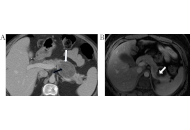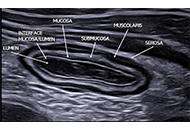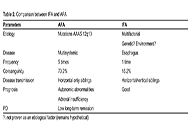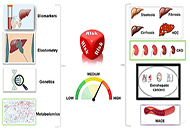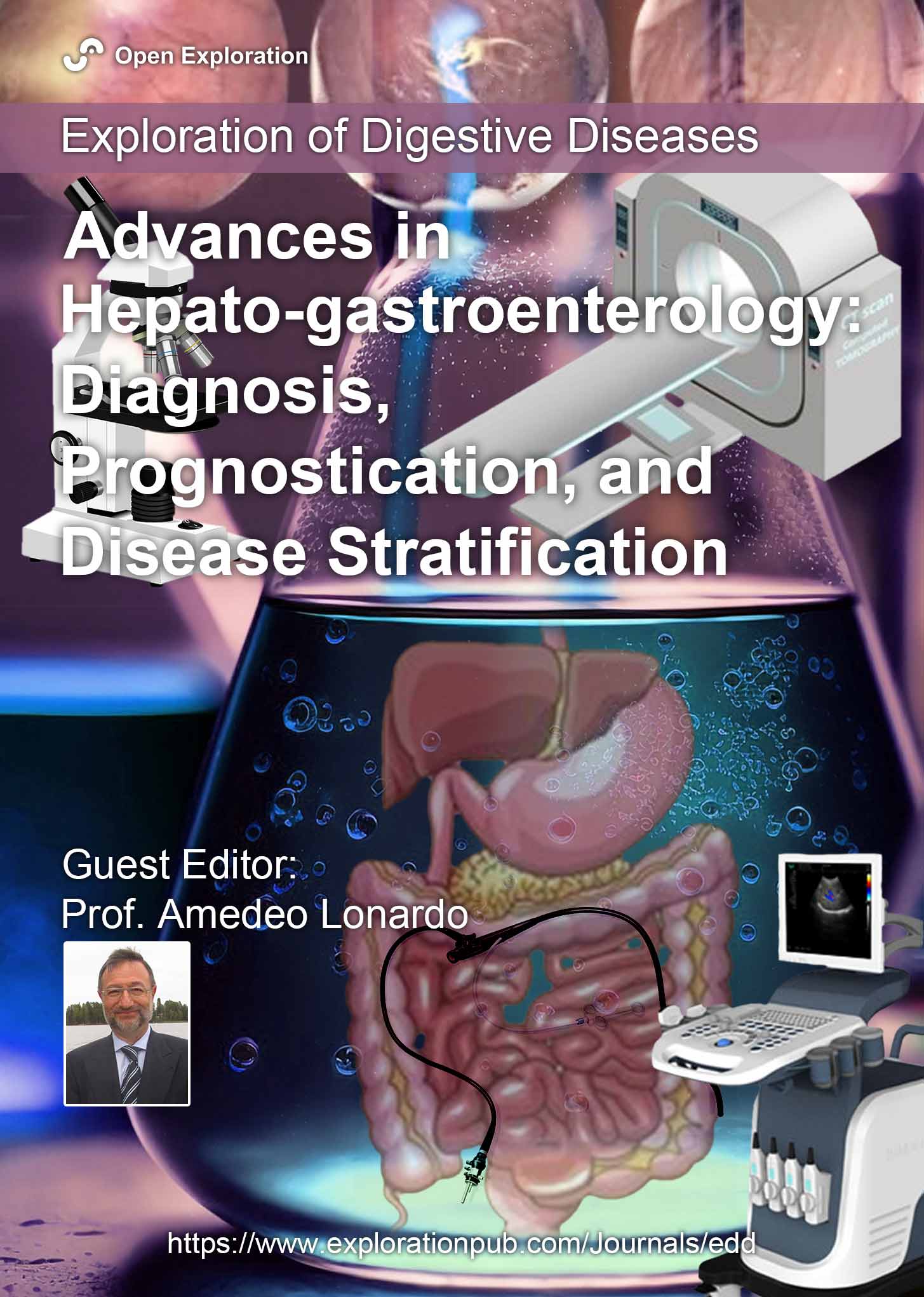
Advances in Hepato-gastroenterology: Diagnosis, Prognostication, and Disease Stratification
Guest Editor
Prof. Amedeo Lonardo E-Mail
University of Modena and Reggio Emilia, Italy
Research Keywords: Liver enzimology, liver histology, ultrasonography, endoscopy
About the Special lssue
Disorders of the liver and gastrointestinal tract encompass a wide range of profoundly diverse conditions spanning from acute, often self-healing disease, to chronic invalidating or even fatal ailments. The worldwide epidemiological distribution of disorders such as gastroesophageal reflux and peptic ulcer disease, functional dyspepsia, coeliac disease, irritable bowel syndrome, inflammatory bowel disease, pancreatitis, NAFLD, viral hepatitis, cirrhosis, cancers of the digestive system varies widely. However, collectively, hepato-gastroenterological disorders are a growing health issue which accounts for more than 8 million deaths per year globally. Of these, liver disease - the etiology of which is shifting towards principally metabolic and alcohol-related disorders - accounts for approximately 2 million deaths yearly worldwide, 1 million owing to complications of cirrhosis and 1 million due to viral hepatitis and liver cancer. Taken together, these impressive numbers strongly support the opportunity to improve clinical outcomes through early diagnosis and patient stratification and prognostication.
Over the last few years, those techniques available to this end have increasingly bridged the gap from research to practice, leading to often substantially improved capabilities in identification, stratification, and prognostication in the hepato-gastroenterological field. Further to novel biomarkers, imaging and endoscopy techniques, innovative approaches such as genotyping, artificial intelligence, personalized and sex medicine have laid the foundations for improved clinical practice and innovative research approaches.
With this background, the present special issue aims to offer a platform for publishing state-of-the art reviews as well as case studies, original articles, meta-analyses, perspectives, editorials and commentaries regarding the role of all diagnostic techniques, as well of strategies aimed to the diagnosis, stratification and prognostication of hepato-gastroenterological disorders.
Keywords: Algorithms, anatomical pathology and histopathology, artificial Intelligence, biomarkers, capsule endoscopy, chromoendoscopy, clinical practice, computerized tomography, contrast-enhanced ultrasonography. endoscopy, endoscopic ultrasonography, enteroscopy, enzymology, epigenetics, guidelines, genetics, gut microbiota, history of medicine, imaging techniques, liver elastometry, laboratory medicine, magnetic resonance, medical statistics, metabolomics, methodology, personalized medicine, sex medicine, translational research, ultrasonography
Published Articles
